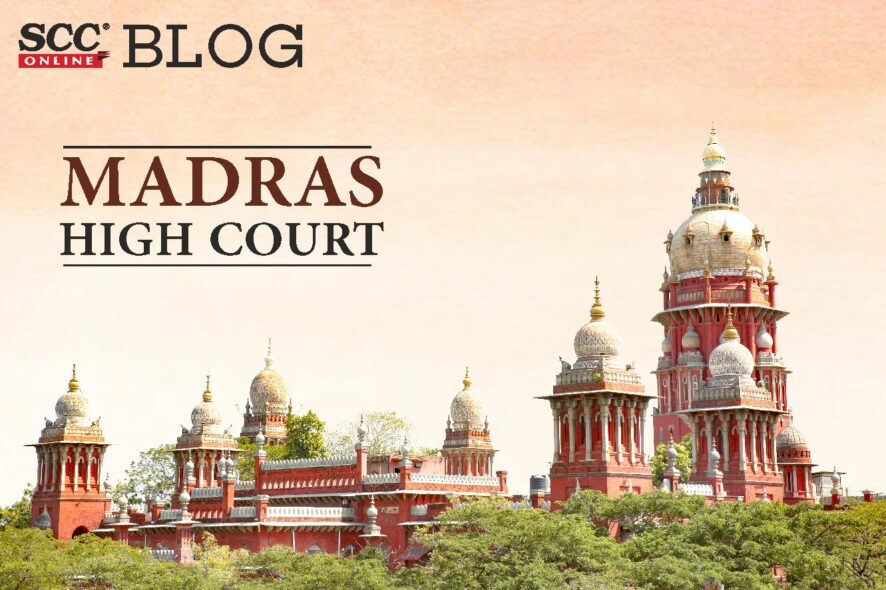Madras High Court: In the case relating to the issue raised by the petitioners, that whether Tamil Nadu Electricity Regulatory Commission (‘the Commission’) constituted under Section 82 of the Electricity Act, 2003(‘the Act’) without having a person of law as one of its members is competent to entertain and dispose of the petitions, relating to tariff fixation under Section 86(1)(a) of the Act, and whether the Commission discharges an adjudicatory function while dealing with such petitions., G.R. Swaminathan, J. observed that a law member is required to be on the bench of the commission during adjudicatory matters, but, presence is not mandatory for matters involving quasi-judicial functions, however, in the present case, the Court also took note of the ruling in State of Gujarat v. Utility Users Welfare Association, (2018) 6 SCC 21, wherein it was held that it is mandatory that there should be a person of law as a Member of the Commission, hence, it restrained from passing the final order on the tariff petitions till a law Member is appointed and held that the moment the appointment of the law Member is notified, the Commission is free to formally dispose of the Tariff Petitions.
The Court further observed that tariff fixation is not an adjudicatory function by relying on the ruling in State of Gujarat v. Utility Users Welfare Association, (2018) 6 SCC 21, wherein it was held that the determination of tariff is a regulatory function, thus, it observed that tariff fixation is not an adjudicatory function. The Court even clarified that despite the above observation of the Supreme Court being the obiter dicta and not a ratio decidendi, it will be binding on the High Court. It rejected the petitioner’s contention that tariff fixation is adjudicatory function, and held that “since it is not an adjudicatory function, there is no bar for the Bench comprising the present Chairman and the technical Member to hear the tariff petitions”
However, the Court reiterated State of Gujarat v. Utility Users Welfare Association, (2018) 6 SCC 21 , that there must be a member with legal background in the Commission and it cannot be ignored, hence, it restrained the Commision from passing final order on the aforementioned tariff petitions, despite it being a regulatory function, till a law Member is appointed and allowed the present proceedings to continue, by stating that “everything can be finalized by the Commission as now constituted except the formal declaration of the orders on the tariff petitions. The moment the appointment of the law Member is notified, the Commission is free to formally dispose of the Tariff Petitions”
It further gave the petitioners a week’s time to place their objections/suggestions before the Commission.
[Tamil Nadu Spinning Mills Association v. Tamil Nadu Electricity Regulatory Commission, 2022 SCC OnLine Mad 4262, decided on 23.08.2022]
Advocates who appeared in this case :
Counsel for the Petitioner: Sricharan Rangarajan
Counsel for the Respondents: Senior Advocate P.Wilson,
Mr.Richardson Wilson
Senior Advocate G.Rajagopalan
Senior Advocate Chitra Sampath
Government Pleader K.Balasubramani







